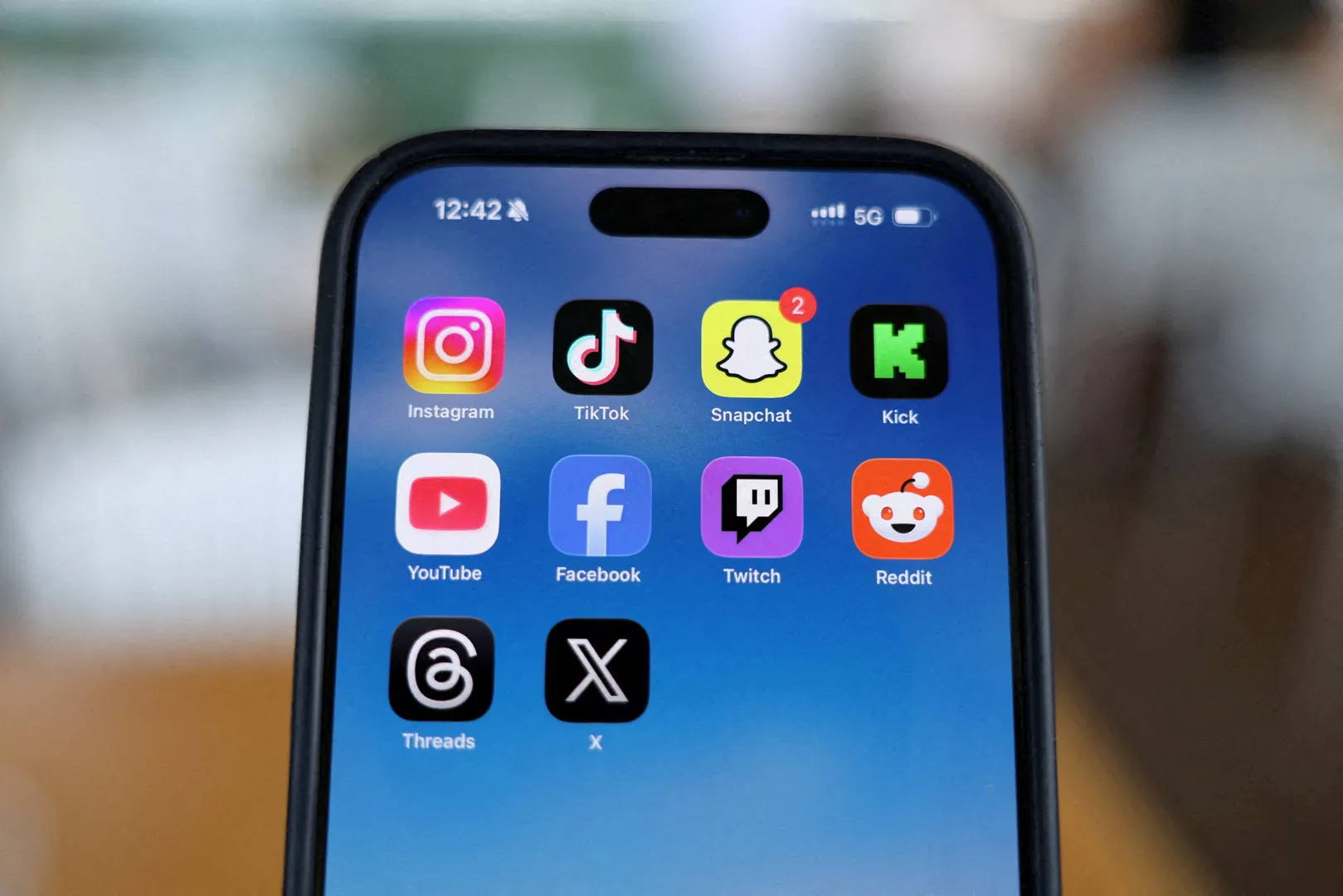France moves to ban social media for users under 15 | Mental Health
France is moving closer to banning social media for users under the age of 15, citing growing concerns over young people’s mental health. The move comes as other European countries consider similar restrictions. Al Jazeera’s Aly Zein Mohamed explains.
Published On 29 Jan 2026
